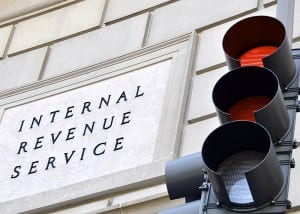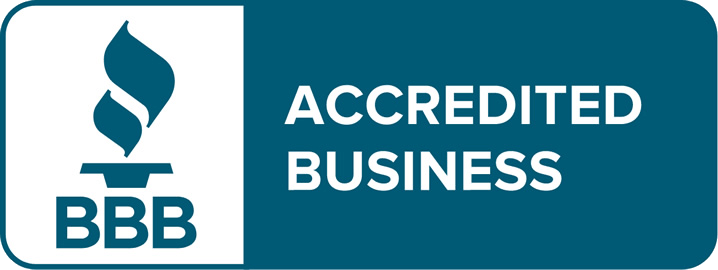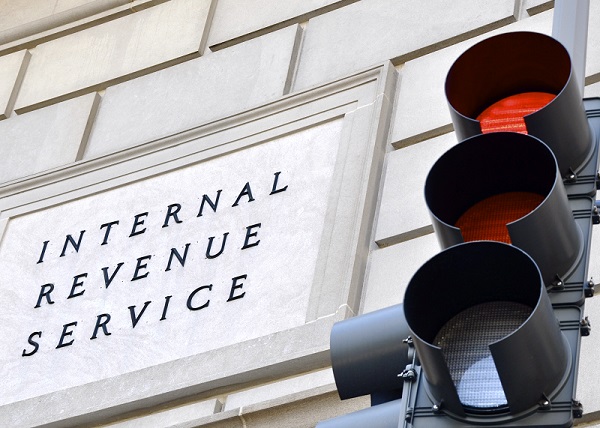Tax practitioners with unlimited representation rights before the Department of Treasury, such as Enrolled Agents, CPAs and Attorneys, are clearly engaging in “practice before the Internal Revenue Service” in the course of their work. As such, they are regulated by Circular 230, which is in turn enforced by the Office of Professional Responsibility. For unenrolled return preparers, however, the definition of “practice before the IRS” is a lot less clear.
 For nearly a decade, the IRS has worked to take a stronger role in the oversight of tax practitioners, specifically looking to bring unenrolled tax preparers under its authority. In 2017 the IRS suffered yet another blow in this effort when the courts decided a three-year old case. On September 8, 2014, plaintiffs Adam Steele, Brittany Montrois, “and a Class of More Than 700,000 Similarly Situated Individuals and Businesses” filed a class action suit against the federal government seeking to recover allegedly unlawful license fees paid to the Internal Revenue Service (IRS)(Erbs, Forbes, 6.5.17).
For nearly a decade, the IRS has worked to take a stronger role in the oversight of tax practitioners, specifically looking to bring unenrolled tax preparers under its authority. In 2017 the IRS suffered yet another blow in this effort when the courts decided a three-year old case. On September 8, 2014, plaintiffs Adam Steele, Brittany Montrois, “and a Class of More Than 700,000 Similarly Situated Individuals and Businesses” filed a class action suit against the federal government seeking to recover allegedly unlawful license fees paid to the Internal Revenue Service (IRS)(Erbs, Forbes, 6.5.17).
The 2017 decision in Steele et al. v. US by Judge Lamberth upheld the IRS’ right to use the PTIN system to register and track tax return preparers. However, Judge Lamberth stated that the IRS could not charge a fee for the issuing PTINS because the PTIN system did not constitute a “service or thing of value.” In fact, the Court argued that the opposite may be true: the real benefit of the PTIN “inures to the IRS, who, through the use of PTINs, may better identify and keep track of tax return preparers and the returns that they have prepared.” (Erbs, Forbes, 6.5.17).
Not only was the decision the latest example of fallout from the highly publicized Loving decision of 2014, which struck down the IRS’ attempt to regulate tax preparation, it comes at a steep cost. The decision states that the IRS must provide a full refund for PTIN fees paid to each class member. Estimates indicate the amount to be as high as $175,000,000.
Despite defeat the IRS seems committed to bringing more oversight to the tax preparation industry. On IRS.gov the IRS continues to emphasize the Annual Filing Season Program (AFSR), an initiative that aims to recognize the efforts of non-credentialed return preparers who aspire to a higher level of professionalism. Moreover, beginning Jan. 1, 2016, there were changes to the representation rights of return preparers.
The IRS goes on to make the point that attorneys, CPAs, and enrolled agents will continue to be the only tax professionals with unlimited representation rights, meaning they can represent their clients on any matters including audits, payment/collection issues, and appeals.
So while the unenrolled tax preparer community continues to prevail in court, when it comes to tax preparation clearer lines are being drawn on what roles these tax pros can play in the system. Unenrolled tax preparers with clients that have audit, collection or appeal issues should help those taxpayers find a competent tax professional with unlimited representation rights.



